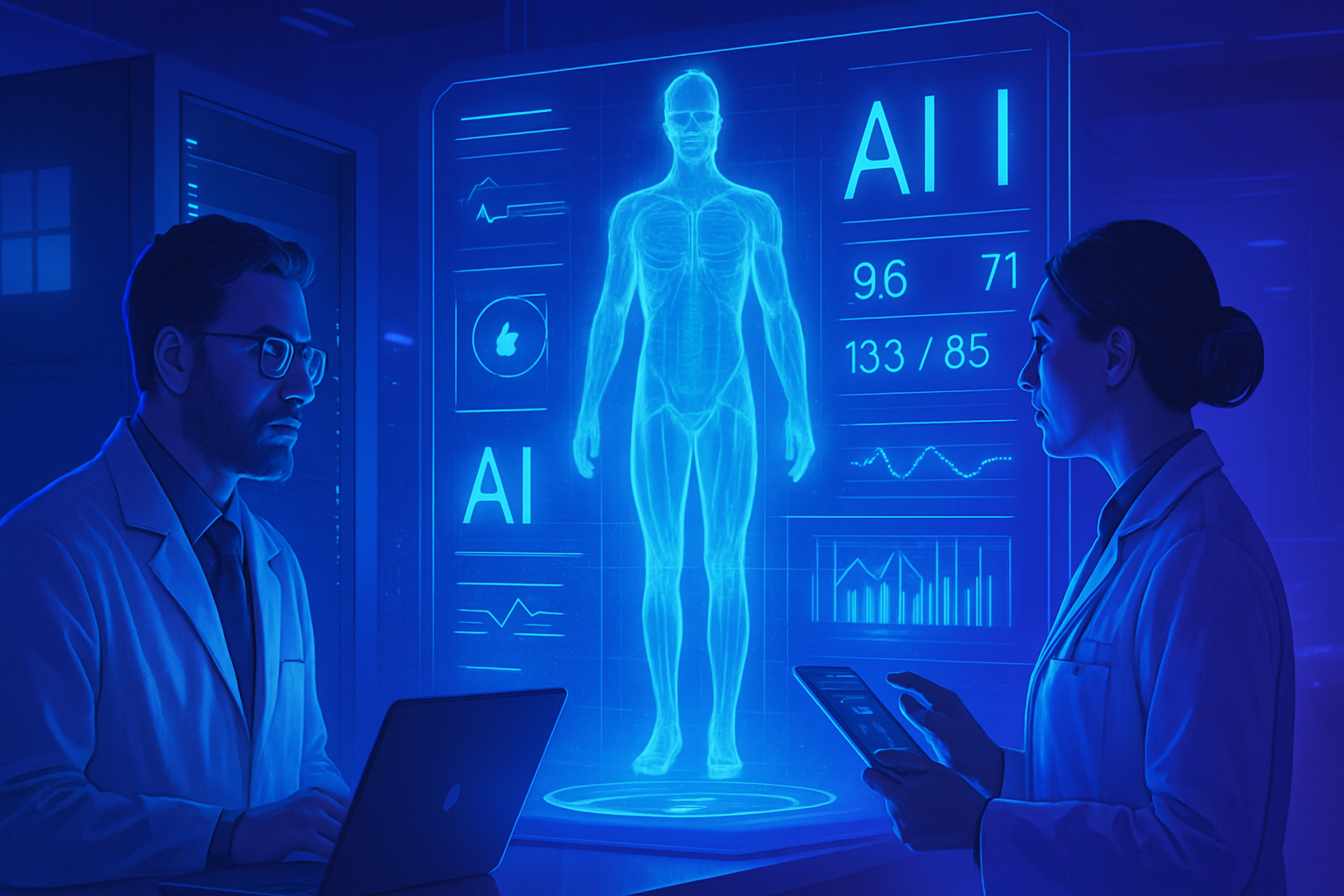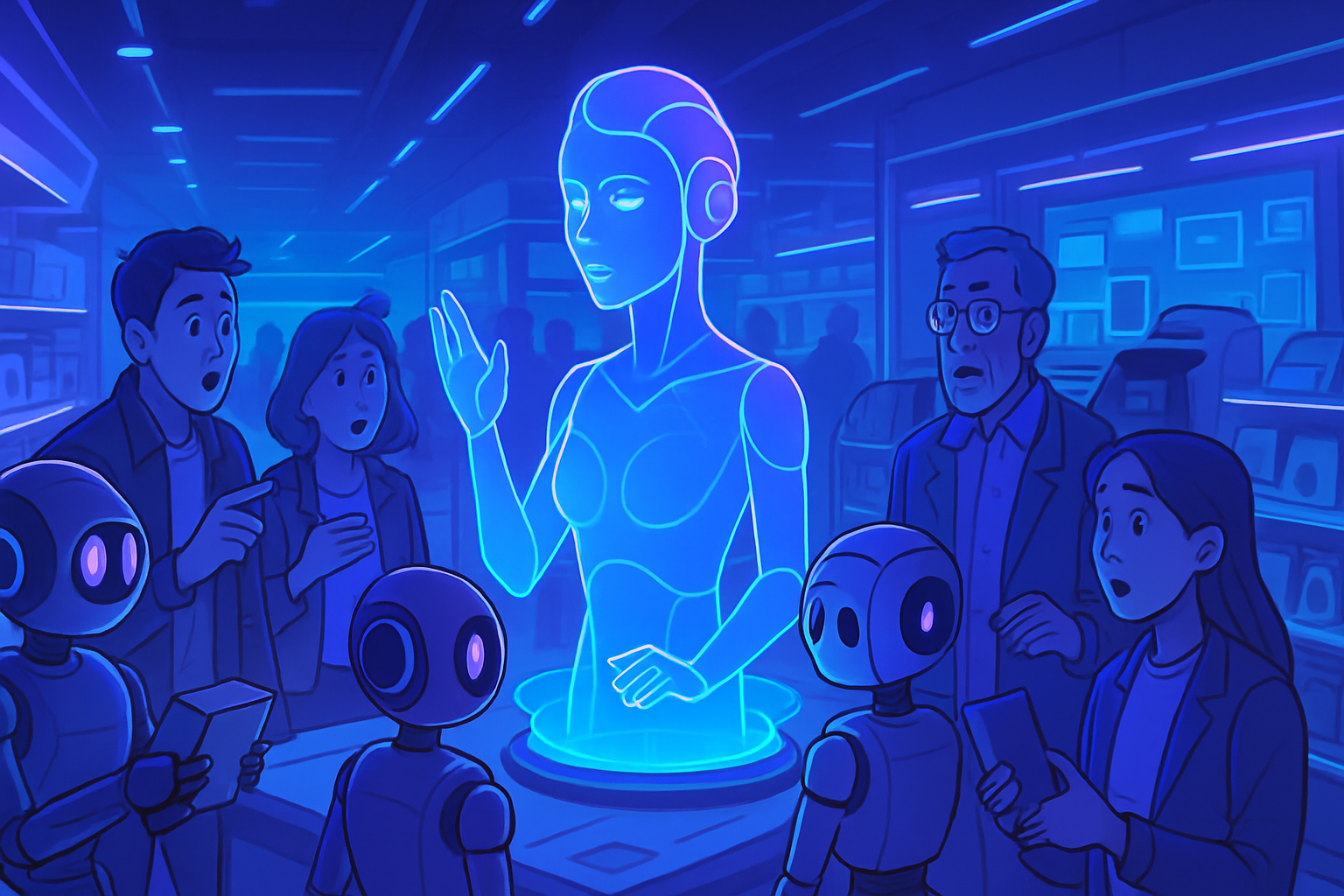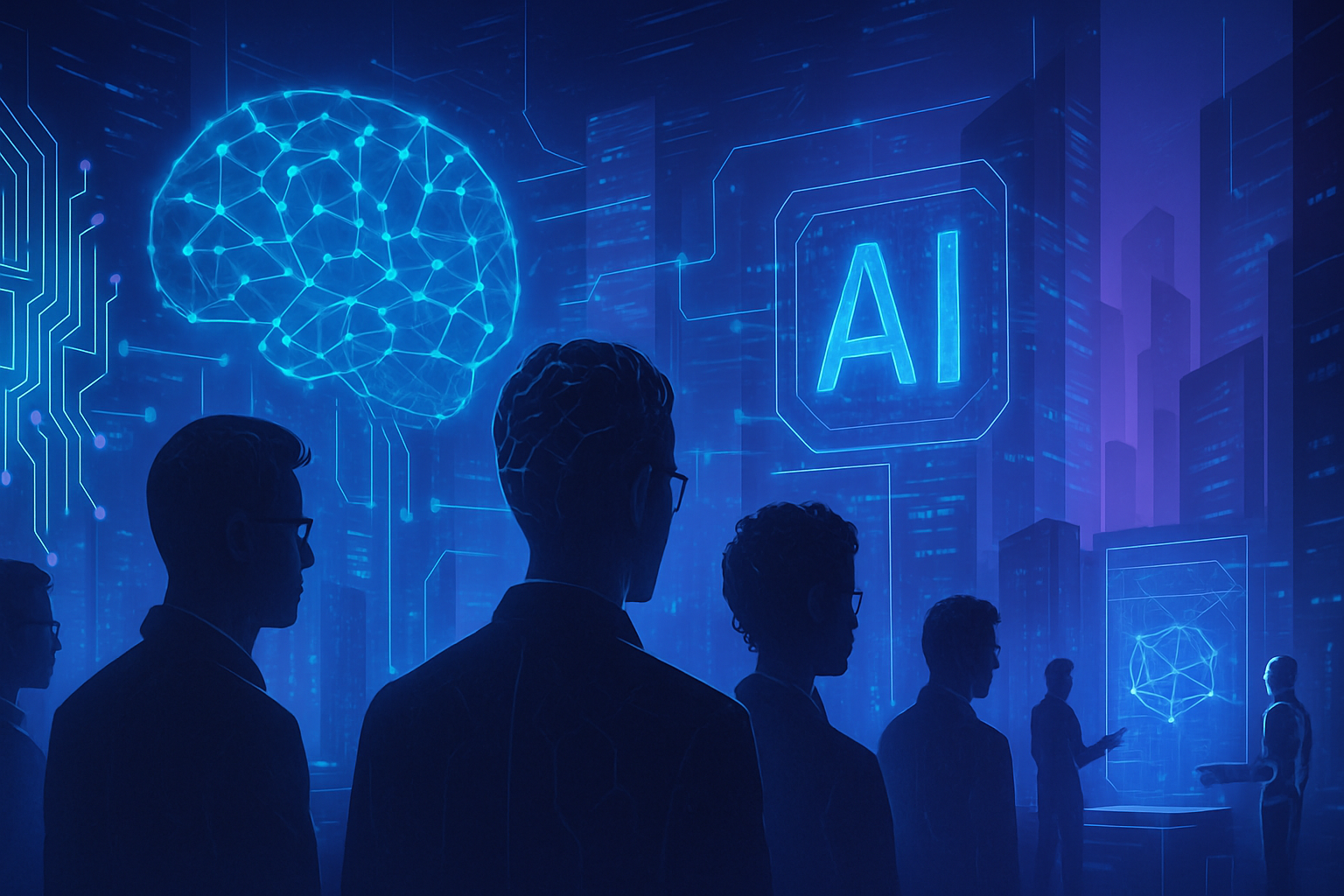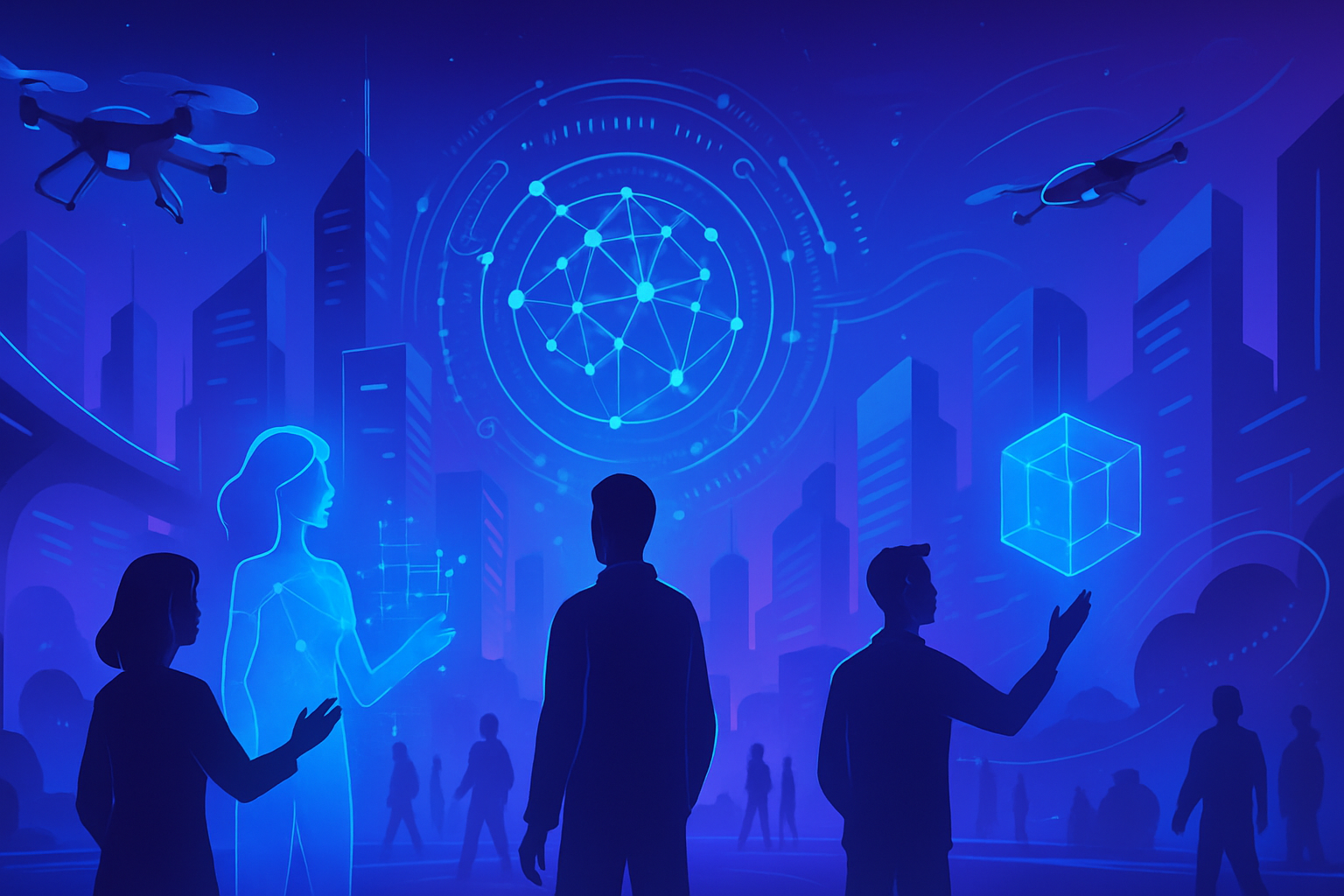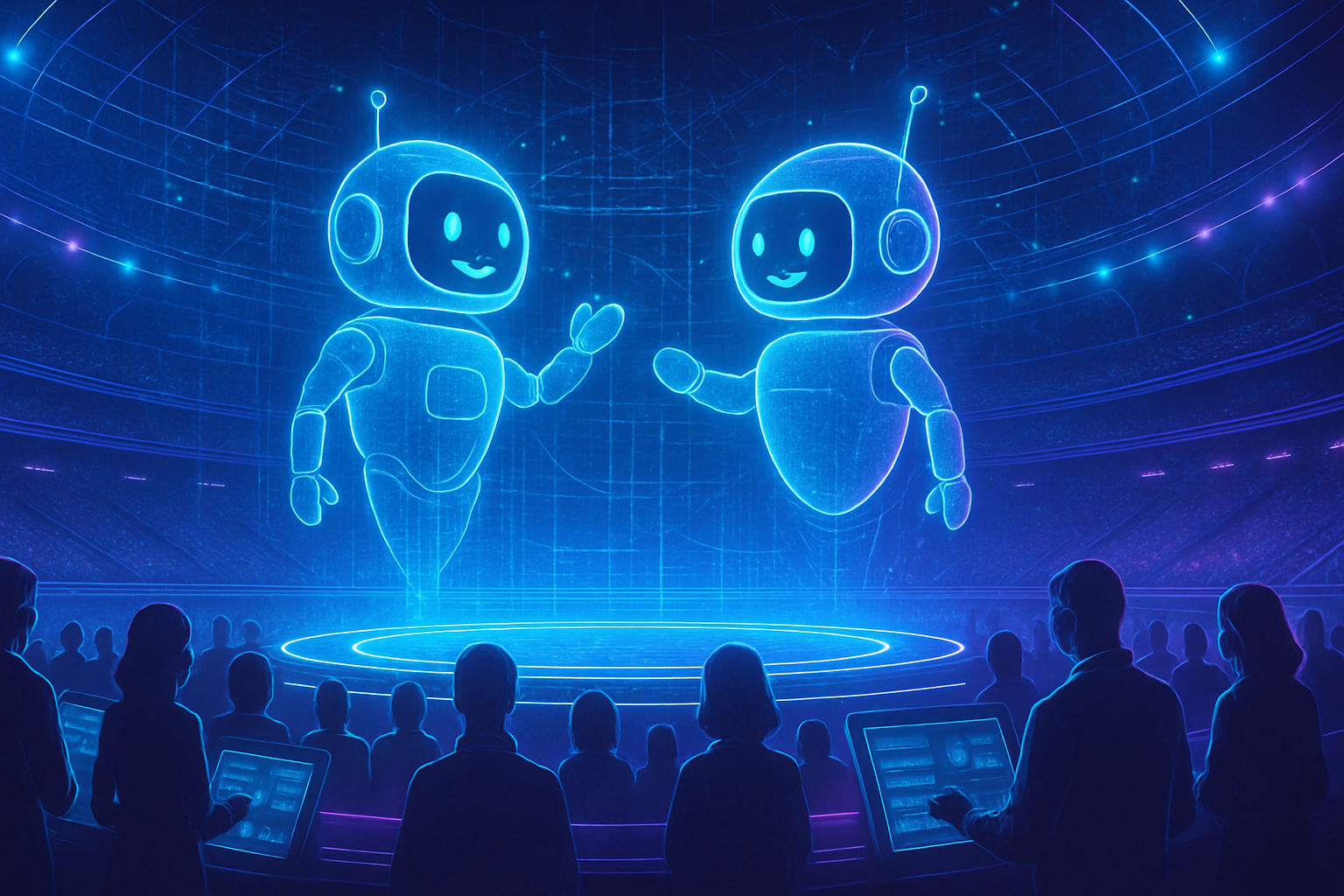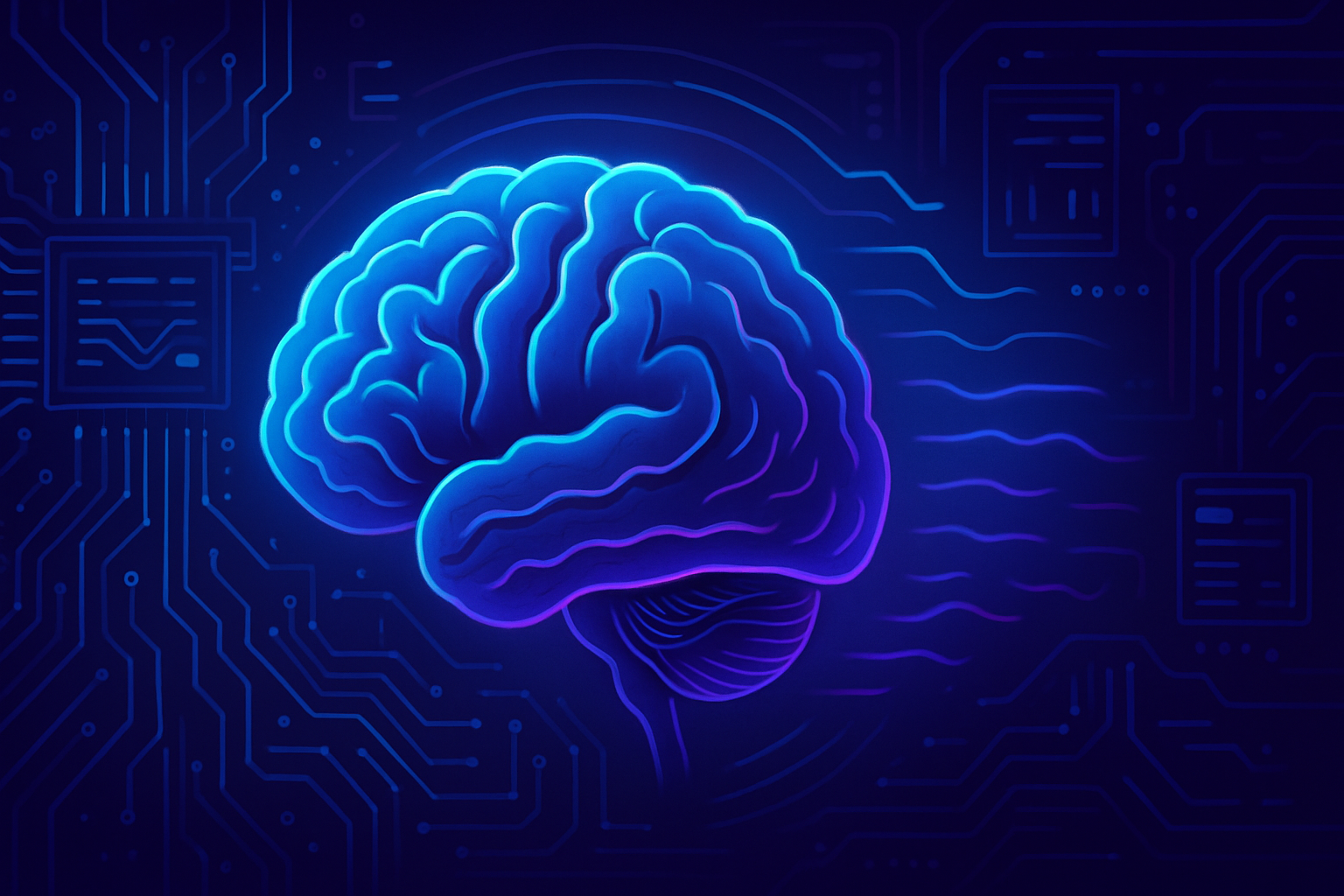Optimizing productivity with AI is becoming an essential priority for modern businesses. The digital era imposes monumental challenges on industry players, prompting a radical transformation of working methods. *Satya Nadella*, an iconic figure at Microsoft, articulates his futuristic vision around technological innovation to address these issues. Artificial intelligence reconfigures performance dynamics, promising unprecedented efficiency gains. *Identifying AI implementation strategies* proves essential for any organization wishing to evolve in this competitive ecosystem.
Productivity Optimization with AI
Satya Nadella, CEO of Microsoft, recently presented his vision aimed at transforming productivity through artificial intelligence. In his book Hit Refresh, published in 2017, he describes how AI is redefining work and impacting our daily lives. Microsoft 365 Copilot serves as a flagship example of this transformation. This tool utilizes advanced AI capabilities to enhance efficiency and facilitate users’ daily tasks.
Microsoft 365 Copilot: Revolutionizing Daily Interactions
Microsoft 365 Copilot revolutionizes the way professionals approach their tasks. The use of this AI not only boosts productivity but also optimizes working time. Practical demonstrations illustrate the power of the tool, showing how it seamlessly integrates into existing workflows. Users can thus focus on their essential responsibilities while letting AI manage repetitive aspects.
Strategic Vision of Satya Nadella
Satya Nadella envisions artificial intelligence as a strategic lever for Microsoft. He is convinced that AI will revolutionize all sectors of activity and the daily lives of every individual. Nadella emphasizes that this technology should not only be limited to relaying tasks but also profoundly transform corporate culture and the approach towards the customer. For him, the main challenge lies in how humans will adapt to the changes brought about by this evolution.
Challenges and Stakeholders for Microsoft
Microsoft faces very diverse challenges, transcending the mere technical adoption of AI tools. Cloud capacity, personal data security, and processing speed are central concerns. Satya Nadella has also expressed the need for an ethical commitment from technology companies to protect users while leveraging the innovation risks that AI offers. This dynamic work framework must also meet the fluctuating needs of the market and anticipate future changes.
Future Perspectives: AI in Business
The current period marked by the integration of AI in companies plunges us into a new era of innovation. Individual productivity reaches a new level thanks to artificial intelligence. A recent study reveals that 20% of employees use this technology without informing their colleagues, demonstrating its discreet but growing adoption in the professional world. This phenomenon underscores the importance of access to intuitive tools to embrace this transformation.
Impacts on the Labor Market
The discussions around the impact of AI on the labor market are numerous. Each change brings both opportunities and threats. According to some analyses, task automation poses risks for certain jobs but also generates the creation of new positions focused on technological skills. Satya Nadella approaches this subject with an optimistic vision, believing that AI can act as a catalyst for economic growth.
Reflections from Bill Gates
Bill Gates also shares his thoughts on the potential of artificial intelligence, particularly concerning essential sectors like education, agriculture, and health. According to him, AI could catalyze a revolution in Africa, helping to overcome various major socio-economic challenges. The combination of artificial intelligence and human willingness to change could redefine our collective future.
AI Innovations and Ethics
The integration of AI does not come without raising ethical questions, particularly regarding data protection. The CNIL advocates for a balance between innovation and securing personal information. Companies are called to establish rigorous protocols ensuring transparency in the use of AI while preserving user privacy. Achieving this delicate balance is essential for building lasting trust around AI.
The innovations we observe today promise a rapid evolution in the way we work, with Microsoft at the forefront of transformations. Future expectations include a smoother interaction between human and artificial intelligence, aimed at boosting productivity and improving everyday ergonomics.
To deepen your knowledge, consult the analyses regarding the impact of AI on the labor market and future perspectives by following this link. Regarding data protection, the challenges and recommendations from the CNIL are available here: CNIL and AI. Finally, to explore how Bill Gates envisions the future of AI in Africa, visit this article.
Frequently Asked Questions
How can AI integrated into Microsoft 365 Copilot increase daily productivity?
Microsoft 365 Copilot uses artificial intelligence to automate daily tasks, summarize information, and provide contextual recommendations, allowing users to focus on higher value-added activities.
What are the main challenges related to the integration of AI in companies according to Satya Nadella?
Satya Nadella emphasizes that challenges include managing data security, employee adoption of new technologies, and the need to cultivate a culture of innovation within the company.
How does Microsoft envision the transformation of sectors through AI?
Microsoft views AI as a catalyst for change that will revolutionize productivity and improve processes across all sectors, ranging from education to health to agriculture.
What tangible examples of improved productivity through AI can be observed at Microsoft?
Practical demonstrations show that using Copilot has enabled sales teams to increase their effectiveness by 55%, proving AI’s direct impact on business performance.
What is Satya Nadella’s long-term vision for AI at Microsoft?
Satya Nadella envisions a future where AI will be seamlessly integrated into work tools, thus increasing individual and collaborative productivity while adhering to ethical and security standards.
How does Microsoft 365 Copilot stand out from other AI tools on the market?
Microsoft 365 Copilot stands out for its seamless integration into commonly used Microsoft applications, its ability to interact with users in real-time, and its access to a vast database for accurate recommendations.
What advice is there for companies looking to adopt AI to optimize their productivity?
Companies should start by identifying repetitive processes to automate, train their teams on available tools, and establish a culture that values experimentation and the adoption of new technologies.

